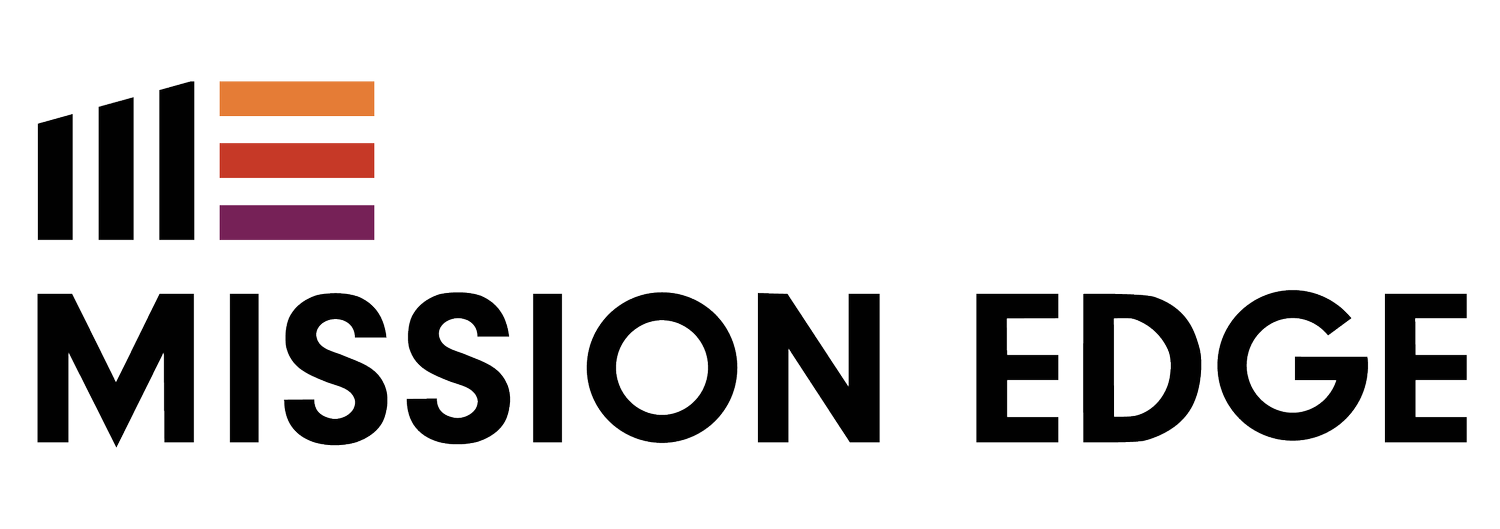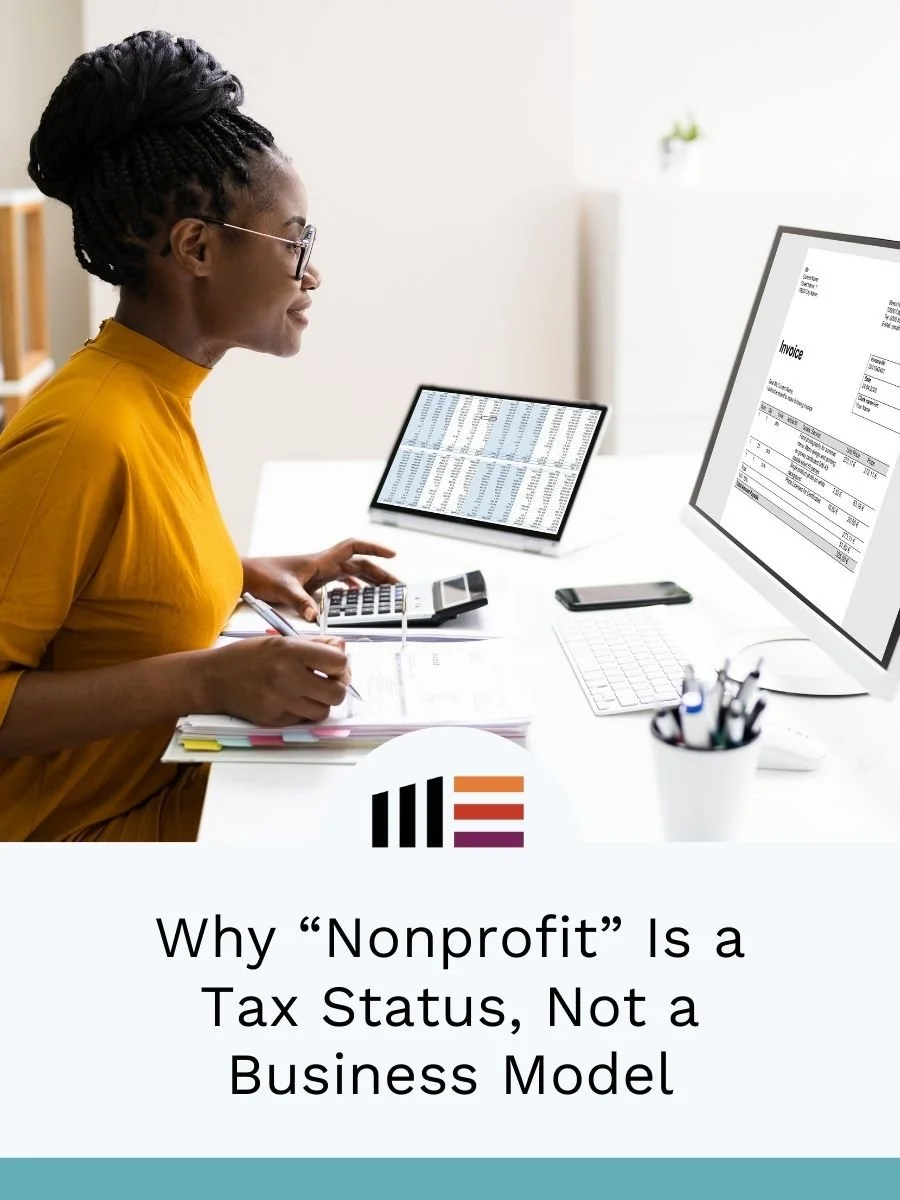Why “Nonprofit” Is a Tax Status, Not a Business Model
Understanding the Difference Between Tax Status and Business Model
Many people assume that nonprofit organizations operate with a fundamentally different business model than for-profits. In reality, “nonprofit” refers specifically to a tax-exempt status recognized by the IRS. This designation is given to organizations that operate for charitable, educational, scientific, or other public benefit purposes and reinvest any surplus income back into their mission.
Being a nonprofit does not mean the organization cannot earn income or generate a surplus. In fact, long-term success often depends on developing a strong and sustainable nonprofit business model that supports growth and impact.
What Is a Nonprofit Business Model?
A nonprofit business model defines how your organization creates, delivers, and sustains value in alignment with its mission. It is not based solely on tax status, but rather on strategic and operational decisions that guide how the organization functions.
Key components of a strong nonprofit business model include:
Clear and measurable programs or services
Diverse revenue streams such as grants, donations, program fees, and contracts
Sound financial management and internal controls
Data tracking to assess outcomes and impact
Long-term planning for sustainability and adaptability
Without a solid business model, even the most mission-driven nonprofits can face operational and financial challenges.
Can a Nonprofit Make a Profit?
Yes. Nonprofits are allowed—and encouraged—to generate more revenue than expenses. This surplus can be used to:
Invest in infrastructure
Launch or expand programs
Create financial reserves
Increase organizational capacity
The key difference from for-profit businesses is that nonprofits cannot distribute profits to private individuals or shareholders. All revenue must support the mission and charitable activities of the organization.
Common Revenue Sources for Nonprofits
Nonprofits can tap into multiple revenue channels to maintain operations and plan for growth:
Grants from foundations or government agencies
Individual donations and recurring giving campaigns
Earned income from services, workshops, or merchandise
Contracts or fee-for-service programs with public or private entities
A diversified funding strategy reduces risk and provides more stability during times of change.
Building a Sustainable Nonprofit Financial Strategy
A well-developed financial strategy is a core element of any nonprofit business model. It supports transparency, scalability, and resilience.
At Mission Edge, our Managed Accounting Services are tailored to meet the unique financial needs of nonprofit organizations.
We provide nonprofit accounting support with:
Setting up and maintaining fund accounting systems
Creating detailed financial reports and tracking budget variances
Preparing for audits and meeting donor reporting requirements
Developing scalable systems that support growth and compliance
This level of financial management allows nonprofit leaders to focus on mission delivery while maintaining fiscal responsibility and accountability.
How Mission Edge Helps Nonprofits Thrive
Whether you're launching a new organization or strengthening an existing one, Mission Edge offers expert nonprofit accounting services that align with your goals. Our team understands the complexities of nonprofit finance and works alongside you to build a foundation for long-term impact.
To explore more about nonprofit financial strategy, see our related blogs:
Ready to Strengthen Your Nonprofit’s Business Model?
Learn how our financial and accounting services can support your organization’s success and sustainability.
















